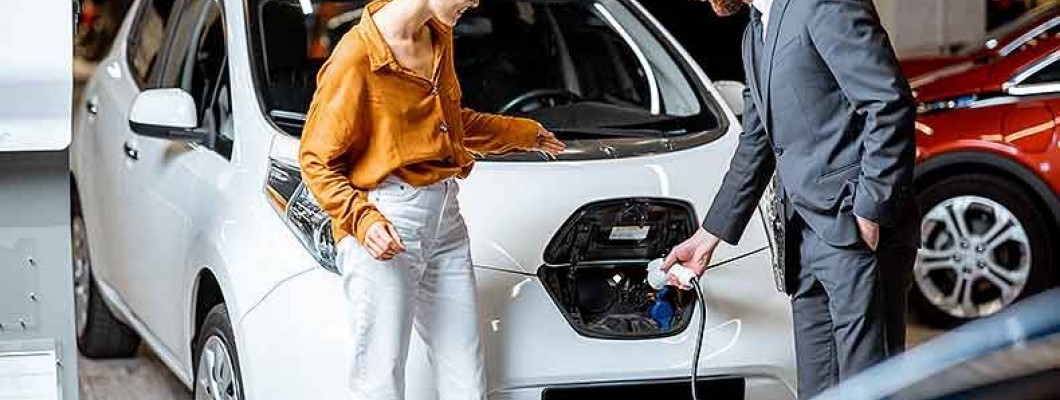What to Check When Buying a Used Electric Vehicle

What to Check When Buying a Used Electric Vehicle: The Importance of Battery Testing
Electric vehicles (EVs) are becoming increasingly popular thanks to their low running costs and eco-friendly performance. But purchasing a used EV requires a different checklist than buying a conventional car. The single most critical factor is the condition of the battery.
1. Why Battery Health Matters
The battery is the most expensive component of an EV—often 30–40% of the car’s total value. A pack with reduced capacity or faulty cells can lead to significant range loss and high repair costs. That’s why the battery’s health directly determines the vehicle’s real market value.
2. Service History and Charging Habits
Always review the car’s service records. Frequent rapid charging or improper charging habits can shorten battery life. Vehicles with documented, balanced charging and regular maintenance are far more reliable choices.
3. Software Updates and Warranty Status
Many manufacturers provide battery warranties of up to 8 years or 160,000 km (100,000 miles). If the warranty is still valid, it offers extra peace of mind. Up-to-date software is also crucial for proper thermal management and cell balancing.
4. Don’t Buy Without a Battery Test
A visual inspection or brief test drive won’t reveal the true state of the battery. A professional battery test that measures cell voltage differences, state of charge retention, and internal resistance gives a clear picture of remaining battery life and actual driving range.
When buying a used EV, the smartest move is to have the battery independently verified. Electric vehicle battery testers provide precise, rapid analysis and help you avoid unexpected expenses. Whether you operate an EV inspection service or are evaluating a car for personal use, investing in a reliable EV battery testing device is essential.

Leave a Comment